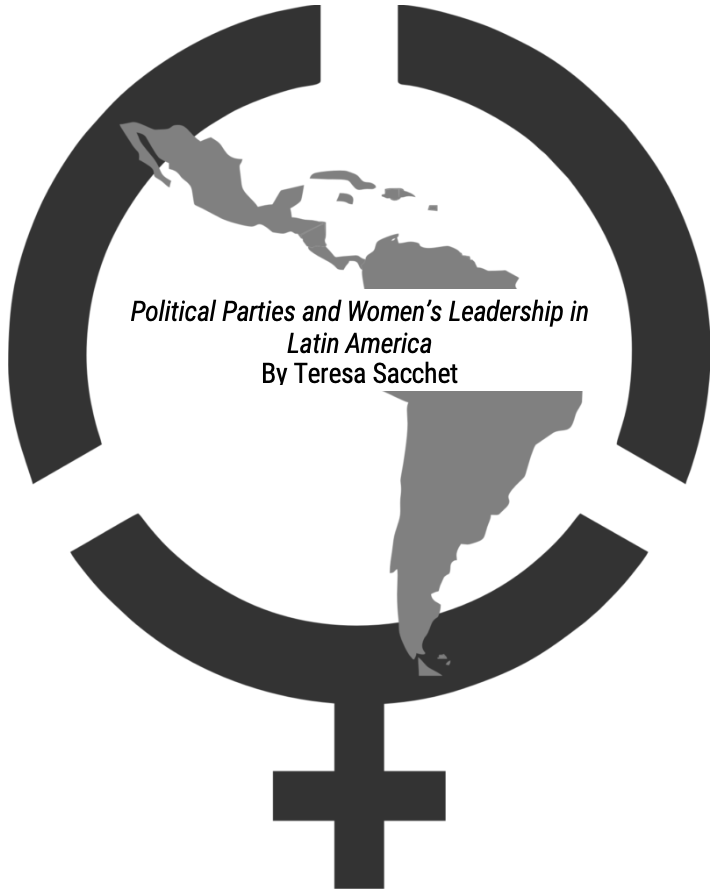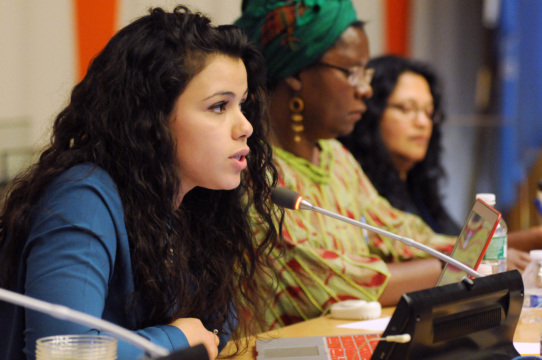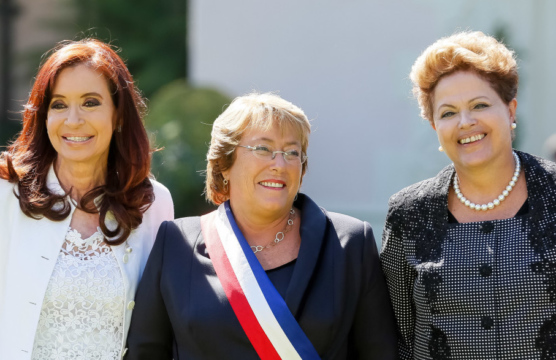What Roles are Women Playing in Mexico’s Drug War?
What roles are women playing in Mexico’s brutal drug trafficking war?
Increasing women’s presence in political decision-making positions has been advocated by development organisms, activists and academics as a means to strengthen democracy and to make policy-making processes more representative of wider sections of the population. The number of women represented in the political institutions of a given country is taken to provide a good indication of the health of its political system. There is strong evidence to suggest that the content of public policies changes when more women are incorporated into legislative spheres. Thus, increasing women’s presence in political decision-making positions is thought to have a democratizing function, improve political governance and lead to better representation of women’s interests.
Political institutions and institutional designs may either foster or hinder the advancement of gender policies. Political parties, in particular, play a central role here, given their role in the political socialization of citizens, recruitment and selection of candidates and development, coordination and representation of interests and ideological perspectives in political spheres. However, political parties are not gender neutral and they have not always been women-friendly, insofar as their internal rules and culture have tended not to favor women’s political participation. But parties’ responses to gender-related demands differ. Understanding what factors shape levels of parties’ commitment and responsiveness to gender initiatives is important in order to define constraints and opportunities for actions and to guide definitions of gender strategies. This is the central aim of this paper. Focusing on the context of Latin America, it intends to assert when and under what conditions political parties best respond to gender-related demands.
This report was prepared for the conference "Women in the Americas: Paths to Political Power" (2007).
What roles are women playing in Mexico’s brutal drug trafficking war?
How are women faring in Latin America? Where has progress been made and how has that been achieved?
Would this be a more compassionate, more peaceful planet if more of it were ruled by women?


